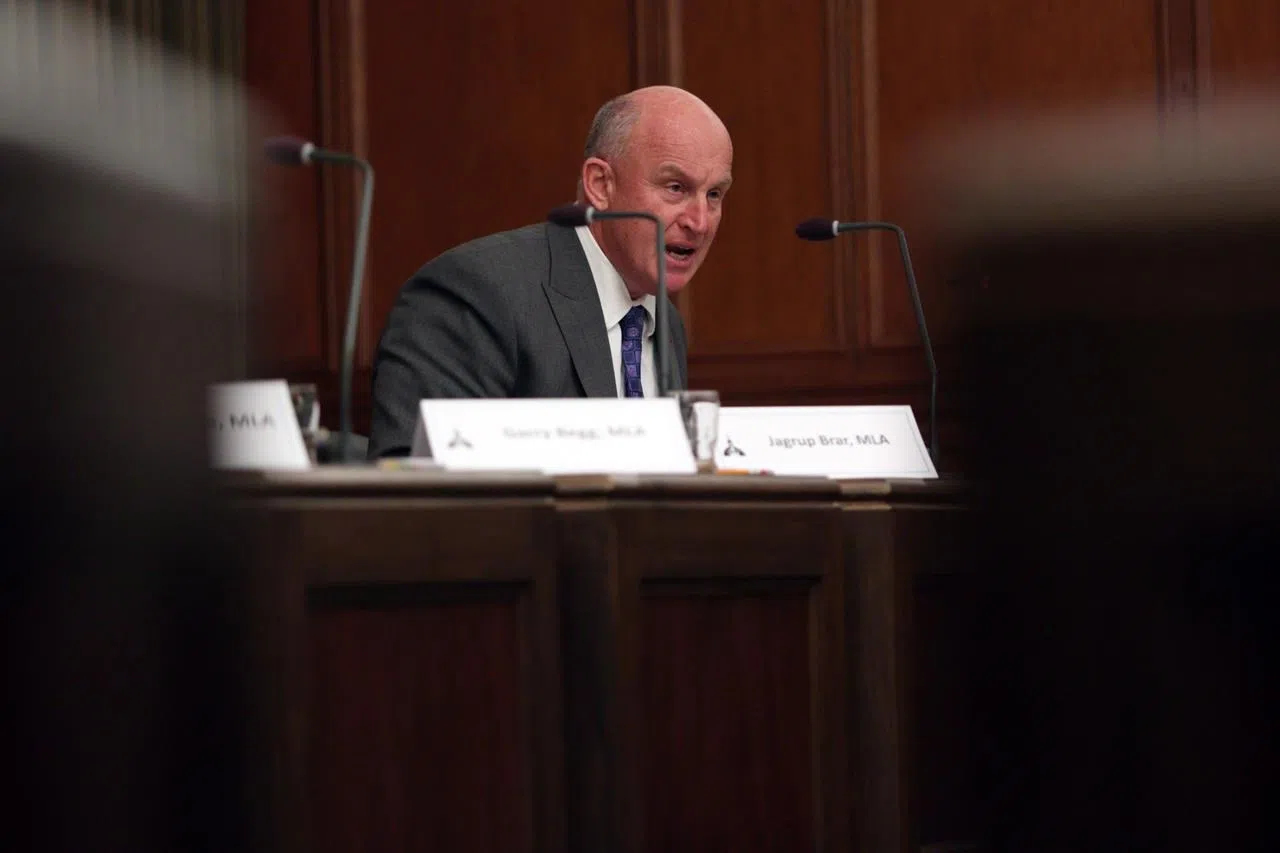
B.C. fights ticket scalpers with consumer protection law, eliminates bots
VICTORIA — British Columbia Solicitor General Mike Farnworth says he fondly recalls the day he waited in line at his local shopping mall for a dozen concert tickets to see Irish rock superstars U2 perform in Vancouver.
That was the late 1980s, and since then ticket buying has become much more complex, expensive and unfair, Farnworth said.
“I ended up taking my brothers and his friends and a couple good friends of mine, and we had one amazing time,” Farnworth said about the U2 show. “It was probably one of the best concerts I’d been to in my life.”
Farnworth introduced proposed consumer protection legislation Tuesday to bring more fairness and transparency to purchasing tickets to live entertainment events in B.C.


